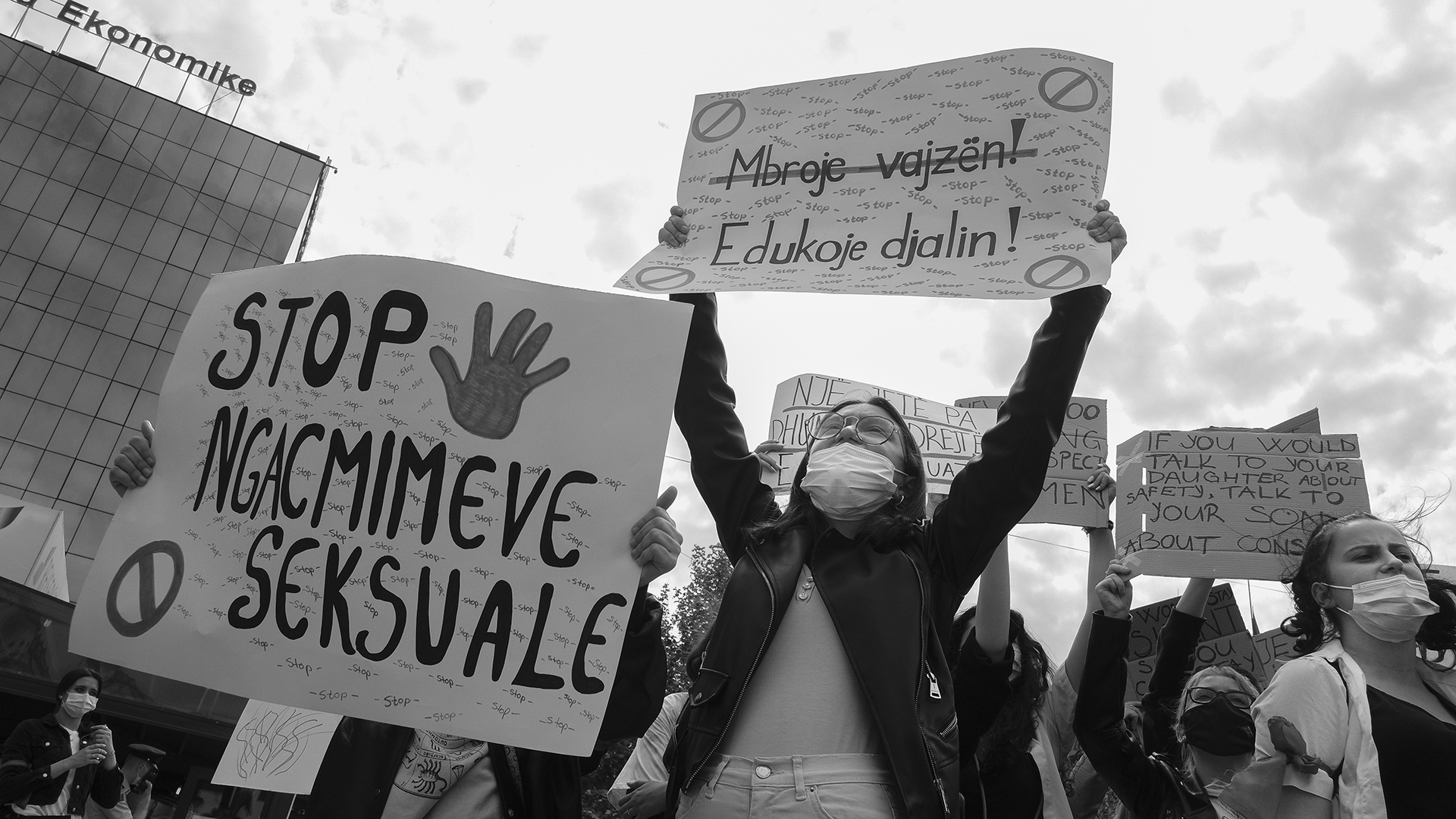
Stop sexual harassment and abuse in Kosovo's schools
Reform in schools, institutions and society is needed now.
Day after day, women deal with off-color remarks, unwanted advances, mistreatment, abuse and discrimination.

Rinora Jelliqi
Rinora Jelliqi has a bachelor's degree in political science from Central College in Iowa, United States. She is a graduate student at Drake University, Iowa and is currently working for the government of Kosovo.
DISCLAIMERThe views of the writer do not necessarily reflect the views of Kosovo 2.0.
This story was originally written in English.